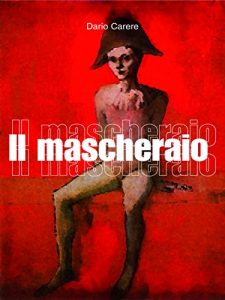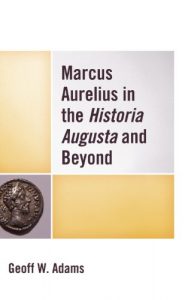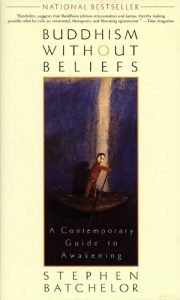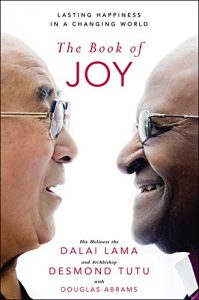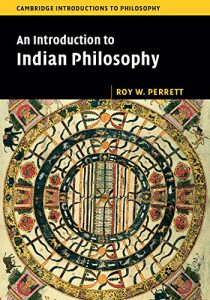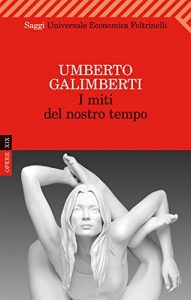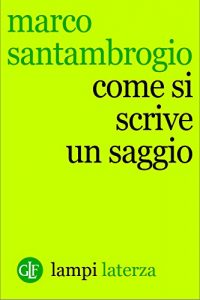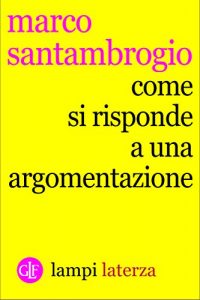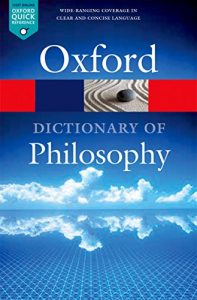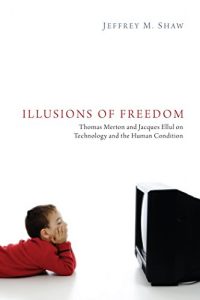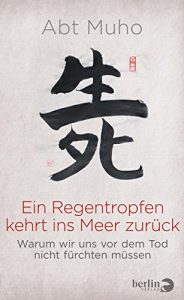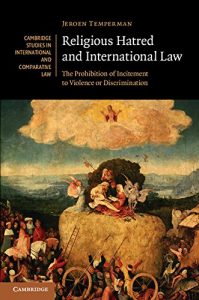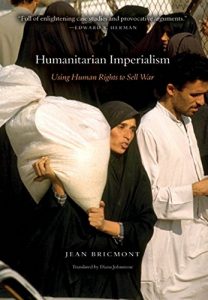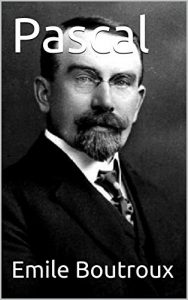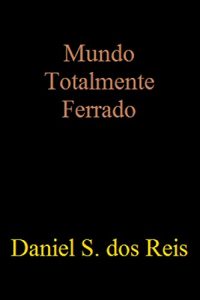I 99eBooks è una directory di eBook. Cerchiamo e classificato intorno alle eBooks Web per te!
Tutti i diritti riservati. I libri e libri elettronici sono di proprietà dei rispettivi proprietari.
A Sacred Immanence (English Edition)
The intent of this collection of texts is well explained by author: "If I perform effectively the task that I assigned to myself, at the end of this paper, the relation between the sacred and religion - which is usually taken as an unproblematic belonging together or even as a semantic coextension – will appear rather complex, problematic, full of aporias, contrasts, tensions and differential elements."
The philosophical literature on the sacred has mostly produced fashionable moralist polemics against the secularization and the 'death of God', without really raising any genuine philosophical problem, nor real conceptual creation.
None of this in these texts. What makes this collection a unified work is particularly the will to rebuild and problematize the genealogy of the concepts of 'sacred' and 'religion' and their derivation and relations with modernity and technology. Rather than dividing conceptual fields and establishing ideological contrasts (on one side the field of nihilism, the death of God and the unfolding of the technology as destiny, and on the other side the field of mysticism, the yearning to the transcendence and the sacred), the author investigates with subtlety the tensions and relations of communality that exist between the sacred, religion and modernity, laying the groundwork for an unconventional reflection about these issues, entirely in the spirit and in the method of Nietzsche and Foucault.
The philosophical literature on the sacred has mostly produced fashionable moralist polemics against the secularization and the 'death of God', without really raising any genuine philosophical problem, nor real conceptual creation.
None of this in these texts. What makes this collection a unified work is particularly the will to rebuild and problematize the genealogy of the concepts of 'sacred' and 'religion' and their derivation and relations with modernity and technology. Rather than dividing conceptual fields and establishing ideological contrasts (on one side the field of nihilism, the death of God and the unfolding of the technology as destiny, and on the other side the field of mysticism, the yearning to the transcendence and the sacred), the author investigates with subtlety the tensions and relations of communality that exist between the sacred, religion and modernity, laying the groundwork for an unconventional reflection about these issues, entirely in the spirit and in the method of Nietzsche and Foucault.

